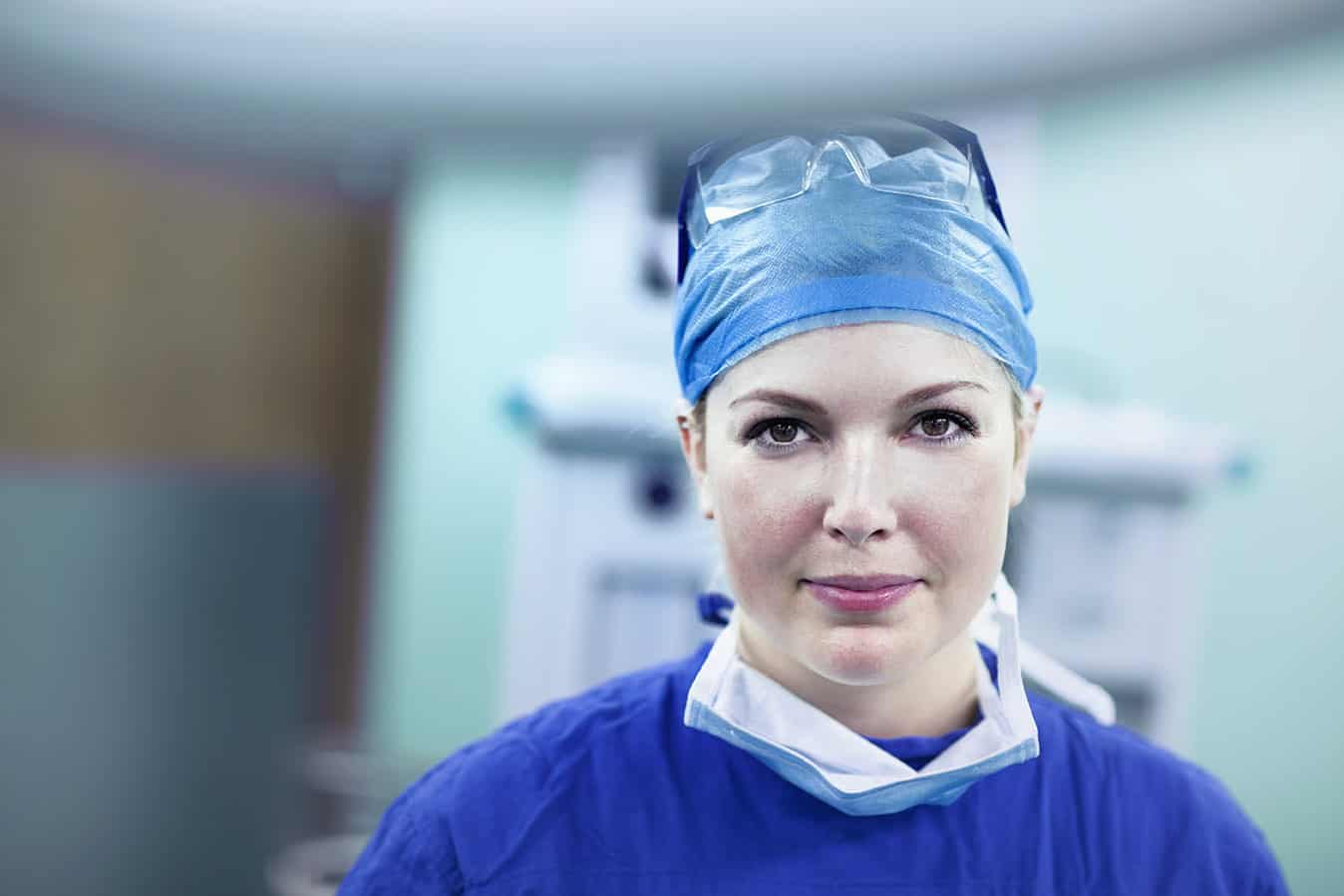It was an ICU nurse who found me, curled around a comedically bent street sign, unconscious and not breathing. I didn’t have long to live.
My eyes were open but blank, my face split in two, my neck and back broken.
A fellow racer, another cyclist found me.
That skilled, courageous nurse opened my airway and saved my life.
Once the ambulance crew had been briefed and the helicopter ordered, she handed over my care to other professionals. With no fuss, she tucked her blood-soaked gloves into her cycling jersey and rode away. Her husband was somewhere ahead by now, rejoicing in his first ever spousal cycling victory.
I won’t tell you her name. After all, she chose not to tell anyone nor seek plaudits for her actions. She just did what nurses do, quietly and with the minimum of fuss. No one knew of her actions until, months later, she discreetly asked a journal editor how I was after they published my story.
Had it have been me, “rushing to the rescue” stumbling upon the “dying doctor”, then Dr Bruce would have been on the front of the newspaper, “heroically saving a life.”
But not that nurse, annoyingly selfless and modest.
So I will say it again, “She saved my life.”
Thanks to her, I don’t need a wheelchair, nor was I an organ donor. The collision that changed my whole life was just another day at the office for her.
On that day, she must have gently, carefully held open my smashed mouth, protected my vulnerable spinal cord, despite all the unstable neck fractures. She must have been professional and precise, probably terrified too.
I often think about her, and I hope that she is OK, not haunted by her experience. I would like to remember her face but not relive how we met.
COVID had me thinking about all this. How many generous health staff work so tirelessly without seeking any acknowledgement. How the sights that they see might follow them home when their shift ends.
I have a professor-friend from another discipline who volunteered to mop floors and make tea in ICU. She just wanted to give the critical care team some respite.
There’s no way to calculate the emotional debt owed to our staff that we are accruing. No amount of Friday night applause can replenish the mental health stores we have been forced to plunder.
As a former Head of Department, I understand the stressful nature of looking after intensive care patients, the routine and the discipline. I also know that my nursing colleagues perform all that drudgery and bear that process every day without fail. Two years after my exit from ICU responsibilities, I can say, hand on heart, that all great Units prosper through their nursing staff, tireless and without ego.
When this COVID-thing finally finishes, I hope that we recall the debt owed to all health workers.
Most of all, I trust that we will waive a few nursing debts, free up a few car park spaces, add on a little more leave.
I don’t miss the sadness and the struggle of ICU, but I do miss the health community. I miss my nursing colleagues, especially their devotion to the critically ill in their care. I don’t remember any of those who saved my life, but when COVID stresses ease a little, I hope we remember the debt we owe them and repay them handsomely.
Author
Dr Bruce Powell, MBBS MRCP FRCA FANZCA was Australia’s longest-serving State Director of Organ Donation and a highly successful specialist anaesthetist, having previously led the Intensive care Unit at Rockingham Hospital, Western Australia. A catastrophic cycling accident ended his clinical career in 2018, affording him the opportunity to further explore and exploit his creative, strategic, communication skills.








